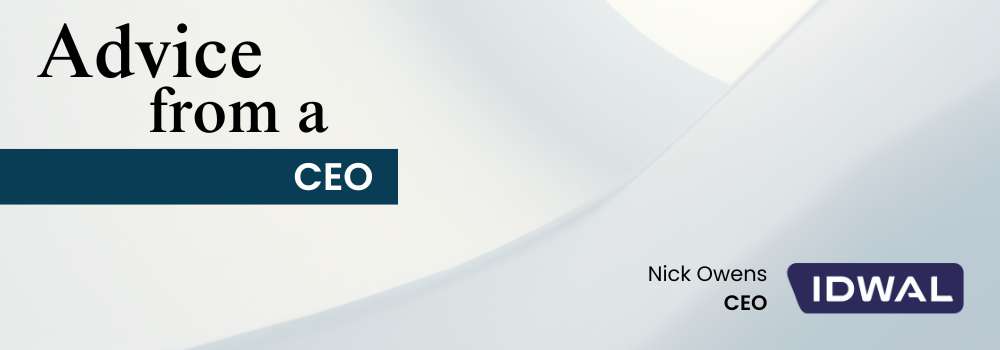The age-old saying goes “dress for the job you want, not the job you have” but in reality, taking the next step in your career in your current organisation is more than just looking the part!
When you’re seeking a promotion, there are some key things you need to consider to help you make that leap effectively.
Assess your current situation.
Before making any moves, take a moment to evaluate where you are in your career. Consider your strengths, weaknesses, and areas for improvement. Reflect on your current role: What do you enjoy? What challenges do you face? Understanding your position will help you identify what you want in your next step. Are you looking for more responsibility or greater challenges? Take time to think about what it is you really want. You can then present this to your line manager at your next appraisal or schedule in some one-to-one time where you can discuss in more detail.
Seek advice from those around you.
Ask your peers and managers what skills and knowledge you need to make that next move. What do you need to do to reach that next step?
Regular feedback can provide a clearer picture of your strengths and areas needing improvement. This can either be a formal approach from HR (360 review), or if you are feeling confident, you can ask for direct feedback.
Mentoring is also beneficial. Is there anyone in the business who can guide you based on their experiences? A mentor can offer advice, share their network, and help you navigate challenges as you work toward your goals.
Expand Your Skills and Knowledge
Do you have any skills or gaps in your knowledge that prevent you from reaching your next career milestone?
Invest in your own professional development by learning new skills or enhance existing ones. This could involve taking courses, attending workshops, or obtaining certifications relevant to your field. Not all training programmes are in person and require time out of the office and financial investment. There are many free webinars available that can be carried out in your own time or lunch hour or speak to your manager about fitting these into your daily schedule.
Are there any relevant networking events you can attend? Networking with industry professionals can provide insights into the skills that are in demand, allowing you to tailor your learning.
Make sure you do your research and present any relevant training and events that you would like to attend to your manager alongside a cost benefit analysis.
Conclusion
Looking for your next role is exciting. By taking the time to self-assess, identify and learn new skills, and communicate your desire for that next role, you lay a strong foundation for success in your career journey.
Article written by Helen McCaughran , Marketing & Business Development Manager, Spinnaker



